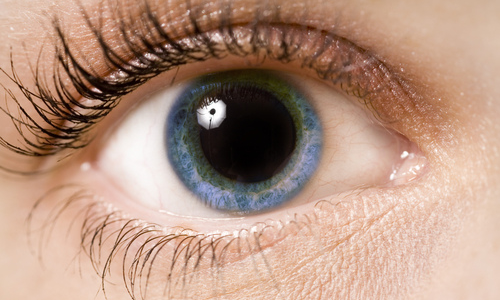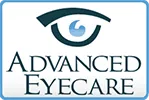
Dilating Eye Drops and Your Vision
Have you ever wondered why your ophthalmologist dilates your eyes during your annual eye exam? Here are a few things you should know about dilating eye drops and the benefits of dilation.
What Dilating Eye Drops Do
Dilating eye drops enlarge your pupils, which gives your eye doctor a better view of the interior of your eye. Your eyes begin to dilate soon after the drops are placed in your eyes, although full dilation can take 20 to 30 minutes. Once your eyes are dilated, your pupils will remain enlarged for four hours or longer. Your eyes may stay dilated longer than normal if you have light-colored eyes, according to Medical News Today.
Although reading the eye chart helps your ophthalmologist to determine your visual acuity, or ability to see images clearly, you could still have a problem with your eyes that hasn't yet affected your vision.
When your eyes are dilated, your eye doctor can see the clear lens inside your eye that focuses light rays on your retina. A dilated eye exam also provides clear views of your retina, blood vessels, and optic nerve. The retina, a layer of light-sensing cells that line the back of your eye, transforms light into electrical impulses that are sent to the brain. The optic nerve serves as the pathway between the retina and the brain.
Issues with any of these structures may affect your ability to see well. For example, diabetic retinopathy could cause blood vessels in your retina to leak, interfering with your vision. Changes in your optic nerve could be related to a buildup of pressure due to glaucoma or inflammation of the nerve, while damage to the cells in the center of your retina might be an indication that you have age-related macular degeneration. Your ophthalmologist may be able to diagnose these and other diseases and conditions simply by performing a dilated examination of your eyes.
Since eye diseases don't always cause symptoms in their earliest stages, a dilated eye exam can help you protect your vision. If you are diagnosed with an eye disease, prompt treatment can help you avoid or minimize vision loss.
Common Side Effects of Dilating Eye Drops
You may notice that your vision is a little blurry after dilating eye drops are placed in your eyes or might find focusing on close objects a little difficult. These side effects will gradually improve as the effects of the drops diminish.
Blurriness or a temporary change in your focusing ability may affect your ability to drive safely. If you've noticed that your vision has become blurry after eye dilation in the past, ask a friend or family member to drive you home from your appointment.
Sensitivity to light is the most common complaint about dilating eye drops. Sensitive or bright indoor lights may cause your eyes to water or feel uncomfortable. Some people also experience mild headaches due to light sensitivity.
Until the drops wear off, wearing sunglasses can help your eyes feel better. If you don't arrive at the ophthalmology office with sunglasses, your ophthalmologist can give you a disposable pair. Although they won't be quite as stylish as real sunglasses, they'll keep your eyes comfortable on the trip home.
Are you due for a dilated eye examination? Contact our office to schedule your visit.
Sources:
American Academy of Ophthalmology: What Are Dilating Eye Drops, 5/14/20
Medical News Today: Eye Dilation: How Long Does It Take to Wear Off?
National Eye Institute: Get a Dilated Eye Exam
All About Vision: Why Does My Doctor Want to Dilate My Eyes?, 1/21
